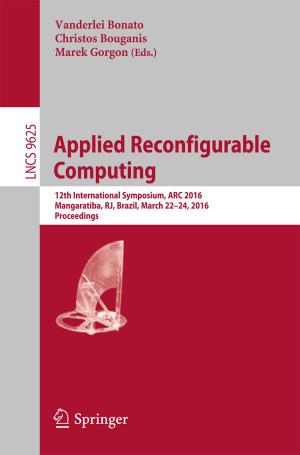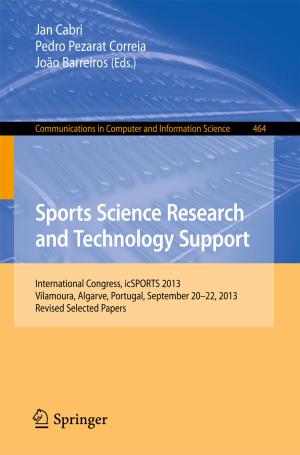Urban Sustainability through Smart Growth
Intercurrence, Planning, and Geographies of Regional Development across Greater Seattle
Nonfiction, Social & Cultural Studies, Social Science, Human Geography, Science & Nature, Science, Biological Sciences, Environmental Science| Author: | Yonn Dierwechter | ISBN: | 9783319544489 |
| Publisher: | Springer International Publishing | Publication: | February 24, 2017 |
| Imprint: | Springer | Language: | English |
| Author: | Yonn Dierwechter |
| ISBN: | 9783319544489 |
| Publisher: | Springer International Publishing |
| Publication: | February 24, 2017 |
| Imprint: | Springer |
| Language: | English |
This book investigates the new urban geographies of “smart” metropolitan regionalism across the Greater Seattle area and examines the relationship between smart growth planning strategies and spaces of work, home, and mobility. The book specifically explores Seattle within the wider space-economy and multi-scaled policy regime of the Puget Sound region as a whole, ‘jumping up’ from questions of city politics to concerns with what the book interprets as the “intercurrence” of city-regional “ordering." These theoretical terms capture the state-progressive effort to promote smarter forms of regional development but also the societal/institutional tensions and outright contradictions that such urban development invariably entails, particularly around problems of social equity. Key organizing themes in the text include: the historical path-dependencies of uneven economic and social development, particularly between Tacoma-Pierce County and Seattle-King County; current patterns of high-wage, medium-wage, and low-wage jobs; the emerging spatial and social structure of recent residential changes, especially with respect to class and race composition; and, finally, transit trends and new urban spaces associated with policy efforts to mitigate highway congestion and car-dependency. Greater Seattle, then, is mapped as a key US urban region inscribed spatially by the uneven search for a more sustainable order.
Historically-sensitive, theoretically-informed and empirically topical, this book is of interest to scholars and students at all levels in regional planning, urban geography, political science, sustainability studies, urban sociology and public policy.
This book investigates the new urban geographies of “smart” metropolitan regionalism across the Greater Seattle area and examines the relationship between smart growth planning strategies and spaces of work, home, and mobility. The book specifically explores Seattle within the wider space-economy and multi-scaled policy regime of the Puget Sound region as a whole, ‘jumping up’ from questions of city politics to concerns with what the book interprets as the “intercurrence” of city-regional “ordering." These theoretical terms capture the state-progressive effort to promote smarter forms of regional development but also the societal/institutional tensions and outright contradictions that such urban development invariably entails, particularly around problems of social equity. Key organizing themes in the text include: the historical path-dependencies of uneven economic and social development, particularly between Tacoma-Pierce County and Seattle-King County; current patterns of high-wage, medium-wage, and low-wage jobs; the emerging spatial and social structure of recent residential changes, especially with respect to class and race composition; and, finally, transit trends and new urban spaces associated with policy efforts to mitigate highway congestion and car-dependency. Greater Seattle, then, is mapped as a key US urban region inscribed spatially by the uneven search for a more sustainable order.
Historically-sensitive, theoretically-informed and empirically topical, this book is of interest to scholars and students at all levels in regional planning, urban geography, political science, sustainability studies, urban sociology and public policy.















